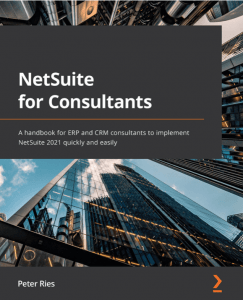A proper ERP implementation can reduce operational and administration costs by 20 to 50%. Companies often see large improvements in business process too.
An ERP implementation in a small organization should take 3 to 6 months. In a larger organization, it could take years. The more customization required, the longer and costlier it will take.
Enterprise Resource Planning (ERP) system implementations often fail. Most ERP implementations fail the first time around OR go dramatically over budget or take longer than expected.
There’s a number of reasons why they fail, but the main reasons can be bucketed into four groups.
Planning
The first step for a successful implementation is understanding the goals, planning and documenting the current processes.
Focus on business outcomes instead of technology. What is it the organization needs, when, and why. What does success look like?
People
Interdepartmental collaboration is the key to successful software integrations. All of the stakeholders need to be involved in the process relatively early so that needs and gas are identified early.
One person needs to be the project leader, and the project leader needs to be able to work cross department and have support from the executive team and down.
Change Management is necessary. Every organization will have at least one Negative Nancy that doesn’t want to change – they will seek out problems and parade them out. Changing will take time, users need to understand what’s in it for them. What is the organization hoping to get out of it?
Training of users is absolutely necessary, showing a few powerpoints on the last few days before go live isn’t going to work. Users need to do some of the user acceptance testing. Someone in each department should be involved in the project team.
Data
Companies rarely realize how poorly maintained their data is before they go to import it into the new ERP system.
Properly cleansing data can be a very long and challenging task – often it’s one of the largest time sucks when doing an ERP implementation because it’s poor quality and the schemas of the previous system doesn’t match. Often companies from software like Quickbooks or Excel to an ERP like NetSuite or SAP and it isn’t pretty.
Systems
It’s very unlikely that the company bought the wrong ERP system, but it’s possible. Companies should be building a list of must haves before they go shopping for a system regardless of whether it’s a big name or popular system.





